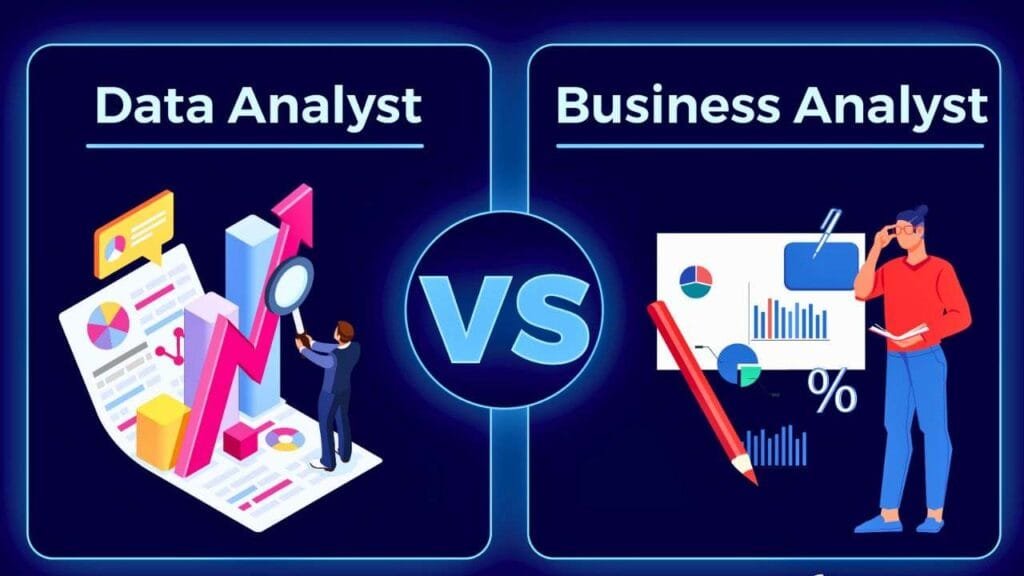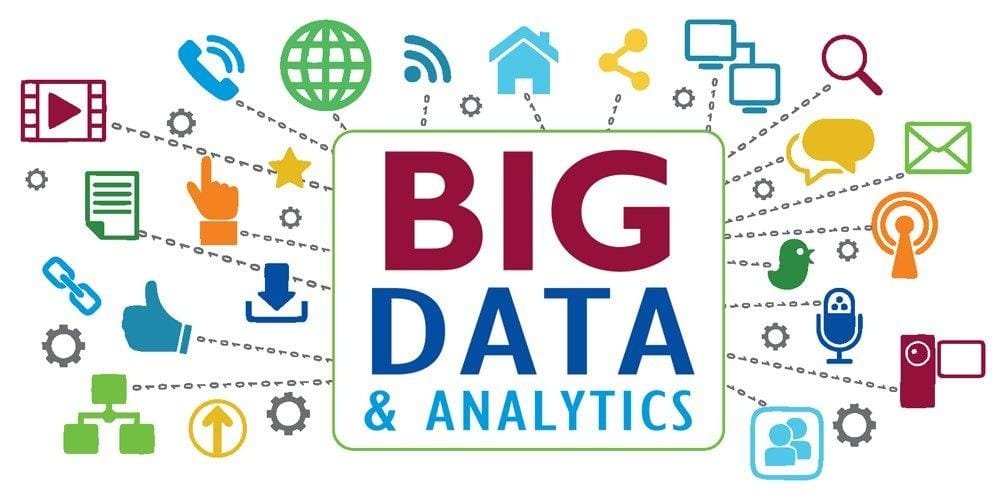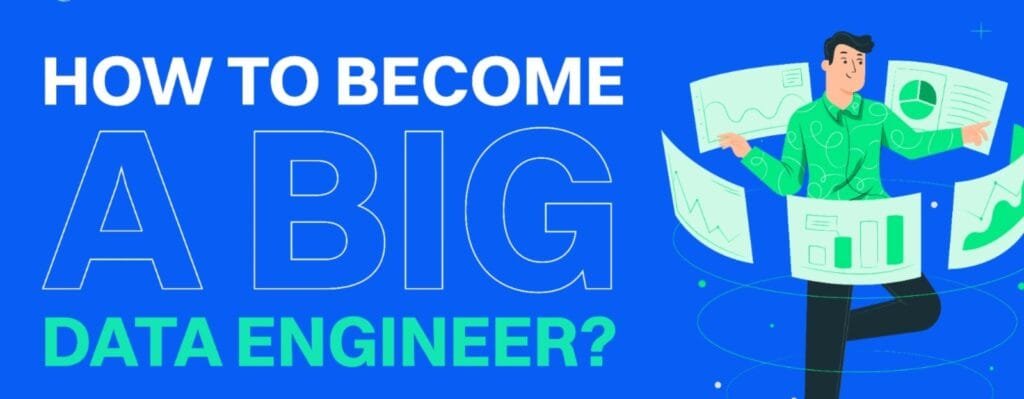Comparison of Business and Data Analyst Career Paths and Differences

Massive amounts of data are being generated by technological breakthroughs and ubiquitous computing, and we are increasingly learning to use this data to inform our decisions. As a result, there has been a noticeable increase in the number of mathematicians, computer scientists, and statisticians working in a variety of businesses to interpret all of this data utilising analytics tools and methodologies. Data analytics has impacted every area of business, research, and engineering.
Less than 0.5% of the data are used and analysed.
The data science analytics market is predicted to increase by seven times to $16 billion in India alone by 2025.
There will be a need for 200,000 data scientists in the coming year because the US now dominates the job market for data scientists.
Global demand for data scientists increased as big data became more prevalent. The expansion in the breadth and depth of data being studied and utilised has given rise to their role in every business. Additionally, new developments in AI are increasing the need for experts in data science and analytics.
How to Pick a Career as a Business Analyst or a Data Analyst
If you enjoy dealing with data, you could find yourself torn between becoming a business analyst or a data analyst as a job. How do you decide whether to pursue a career as a business analyst or data analyst? The good news is that both positions allow you to make the most of your passion for data. So what distinguishes a business analyst from a data analyst?
The main focus of data business analysts is on data set analysis and trend discovery for use in enterprises’ decision-making processes.
Business analyst experts, on the other hand, possess critical thinking, problem-solving, and outstanding communication skills. These experts can assess performance, spot weaknesses, offer advice, and put solutions into action because they have a thorough understanding of the goals and procedures of their firm.
Is it possible for a data analyst to transition into a business analyst? A data analyst may eventually take on the responsibilities of a business analyst. The opposite is also accurate.
Let’s now examine how a data analyst and a business analyst differ from one another.
Roles
A business analyst’s role is to assist in facilitating a solution when a business needs to solve a current or future challenge.
Business analysis comprises a variety of tasks, including:
- Formulating a business case
- examining the demands of the business
- being aware of business needs
- Development and project management
- Validating answers
- making decisions with stakeholders and using information
- carrying out quality checks
- examining work practises, connecting with coworkers, and remaining current with technology
The majority of a data analyst’s time is spent gathering data and producing insightful reports. The experts inform the relevant teams of their results. Compared to business analysts, these people operate more independently.
Depending on the day, a data analyst could:
- deleting data
- creating and keeping up with reports for many departments
- Creating reports that are both internal and client-facing
Career paths for business analysts and data analysts
For entry-level data analysts, a bachelor’s degree in a related discipline is necessary. Hiring managers frequently favour a graduate degree or a Master’s degree in analytics for senior positions.
Business analysts and data analysts both use data, but the main distinction between them is what they do with it. Company analysts use data and investigate it mainly to improve business decisions. On the other side, data analysts work with information connected to a company’s logistical databases.




